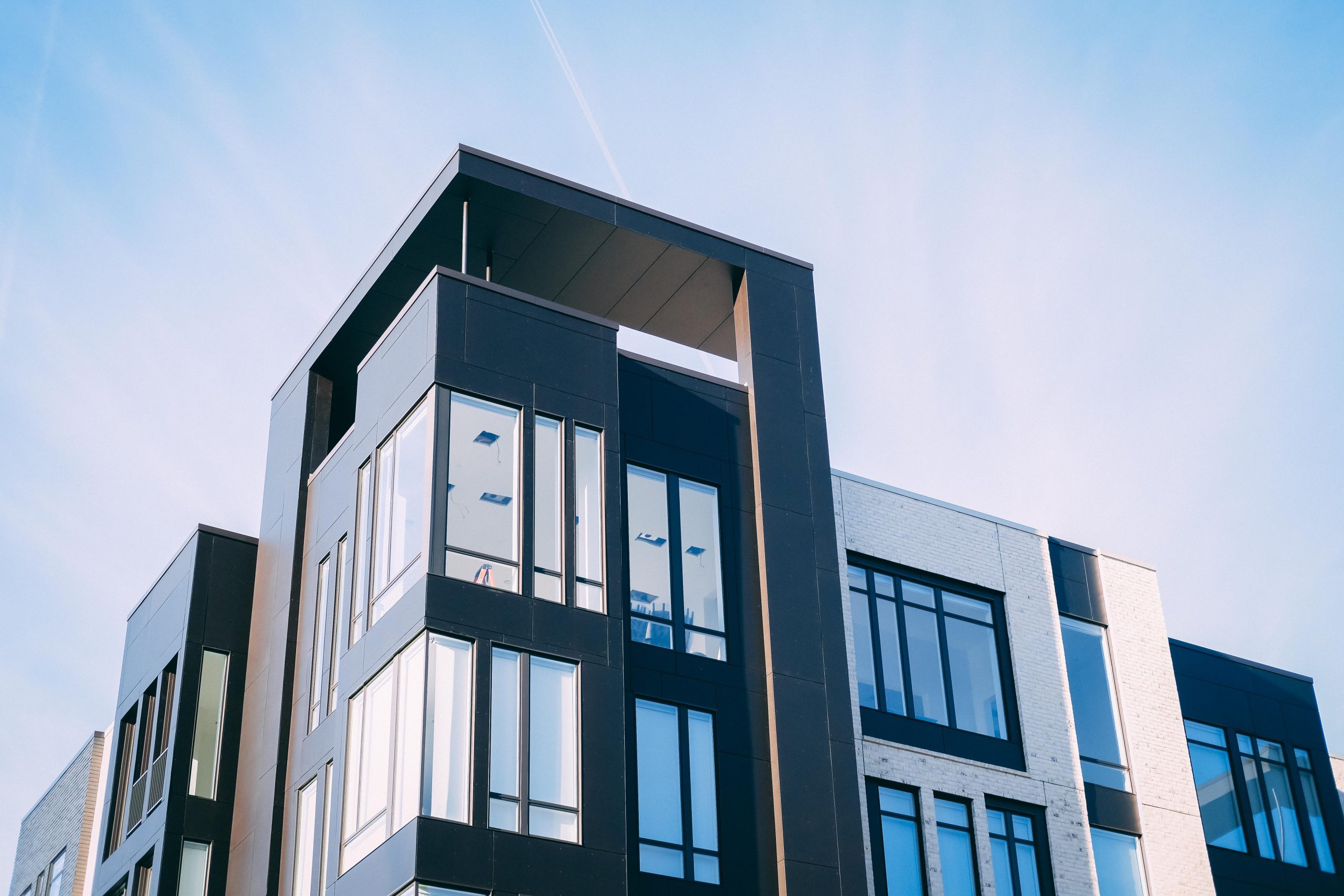Apartment Hunting Tips and Suggestions for First-Time Renters
The process of apartment hunting can be a little stressful, especially if you’re moving to a new city and doing it alone. After all, you don’t know the area; you don’t know what place will look the best; you don’t even know how you want to pay (do you want to give first or last month’s rent). We’ve got tips, suggestions, and more inside this article. So whether you’re looking for advice on lease terms, deposits, or a bunch of other stuff — it’s here for your taking in this article.
Know your price range
Your landlord may have a general idea of what you can afford, but it’s a good idea to do your own research as well. The general rule is that your long-term rent should be around 30% of your income, but you may want to take less than that if you’re taking on other large expenses, such as student loans or car payments. You should also set aside some money each month in addition to your rent, so you have something saved in case of emergency.
Find a safe location
You can start your search by deciding on an area where you’d like to live. You’ll want to consider factors such as the distance from your job, family, or friends and the crime rate in an area. To determine if an area is safe, use a crime mapping tool online or call the local police department.
If you’re looking at apartments, ask the landlord or property manager if they have security cameras or other safety measures in place. If mail is delivered to a central location, secure condo package delivery should be available for residents. Gated parking is preferred, but will drive up the cost of rent, so focus on buildings with adequate outdoor lighting to ensure safety after hours.
Consider the time of year
Rental prices are usually adjusted seasonally, so take advantage of this when looking for apartments. If you’re flexible about which month to move in, consider choosing one that isn’t popular with other renters (for example, in most places, it’s cheaper to rent during the winter than during the summer).
Research landlord and management companies beforehand
Doing some research beforehand can save you a lot of hassle later on down the road. Find out as much as you can about a particular landlord or building management company before signing a lease agreement with them. You want to make sure they have a good reputation and won’t leave you high and dry in the future if something goes wrong.
Know what amenities you want
You might be tempted by a large swimming pool and sauna, but if you don’t plan on using these features, they aren’t worth paying extra for. Look at various apartments in different neighborhoods. It’s smart to look in several areas before making your decision. Keep in mind that you’ll be more likely to find cheaper rent in less desirable locations.
Talk with other residents in the building or neighborhood. Ask them about their experiences with the landlord or management company and how responsive they are to maintenance issues.
Do you want a pet-friendly house?
If you’re going to have any kind of pet, make sure it’s allowed in the apartment. If your cat or dog isn’t allowed, don’t try to sneak it in. If you do, you’ll risk getting evicted and possibly losing your security deposit when you move out.
If pets are allowed but not dogs, be aware that some owners might allow cats but not dogs because they think cats cause fewer problems. This may or may not be true for your breed of dog.
Also, if pets are allowed, there may be a limit on how many pets are allowed per apartment. Some landlords will only allow two pets per apartment, while others will allow three or more. Make sure you know what the policy is before signing on the dotted line.
Ask for a tour of the apartment
Asking to see the actual apartment you’ll be renting is a good idea, even if it’s not yet ready for renters. You might discover something you didn’t realize from pictures: A steep staircase or a small kitchen or bathroom.
Asking for a tour can also give you a chance to get to know your potential landlord and find out what kind of relationship you’ll have with him. That’s information you can’t get from an online listing.
Get your documents in order
If you’re looking for an apartment, you’ll need to provide your landlord with some basic information. Your credit history and employment information will be verified, and you’ll probably have to pay a security deposit, so get all your documents ready ahead of time.
W-2s and pay stubs
This is how your landlord will verify that you have a job and are earning enough to pay rent. If you’ve been paid in cash, bring bank statements showing regular deposits into your account.
Credit report
Your landlord will probably run a credit check to see if you’ve been paying bills on time in the past. If your credit score isn’t great, ask someone with good credit if they’ll co-sign on the lease as a guarantor.”
Security Deposit
This is usually equal to one month’s rent, but this varies from landlord to landlord.
Searching for your first apartment can seem like a daunting task, with the costs of renting, the complexity of apartment regulations, and the sheer volume of places to search. Rather than walk blindly into this process, you should arm yourself with as much information as possible before choosing your next place to live. By doing so, you will be able to make an effective apartment search in less time.

